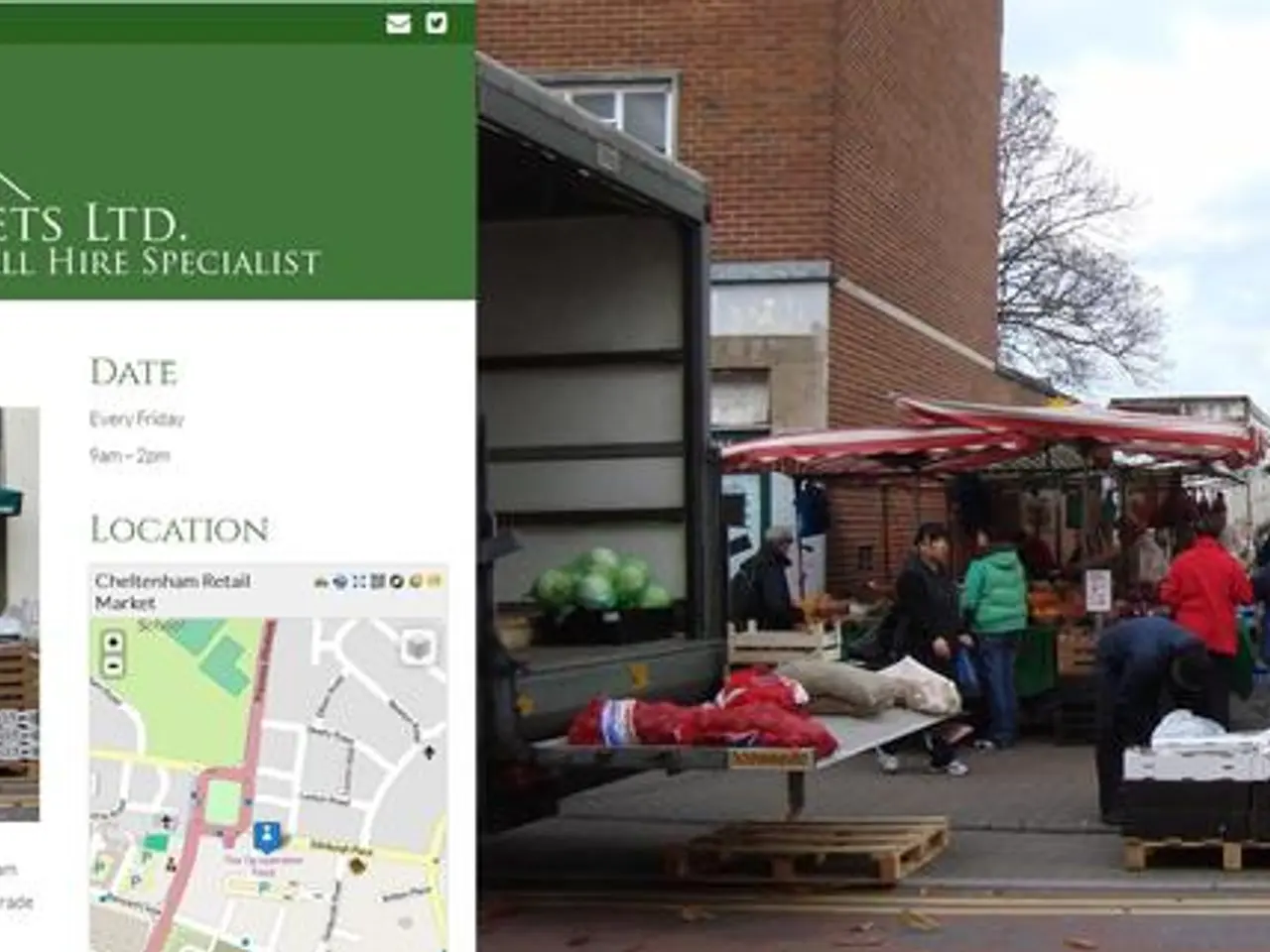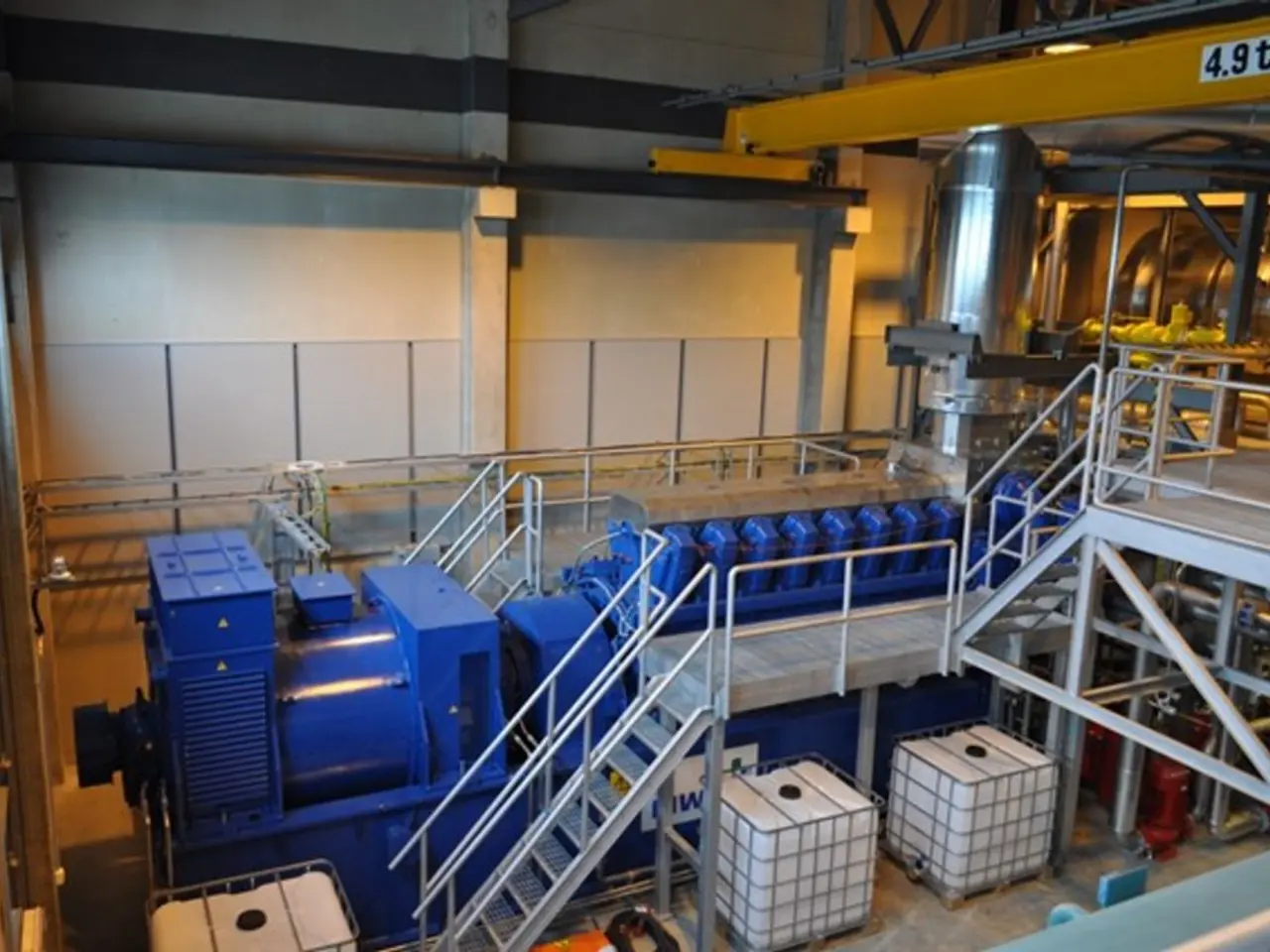Mid-market session sees Australian market trimming initial setbacks
Australian Market Experiences Early Losses Amidst Global Uncertainties
The Australian market is experiencing early losses in mid-market moves on Thursday, with the S&P/ASX 200 Index losing 18.30 points or 0.21 percent to 8,738.10. The All Ordinaries Index is down 21.40 points or 0.24 percent to 8,994.00.
The main factors contributing to the decline are related to broader market influences rather than strong domestic positive drivers. According to available information, the ASX 200 was set to slip partly because only mega-cap tech stocks lifted the US market higher overnight, implying weaker sector support overall for the Australian market on Thursday.
Recent US market weakness, in particular after disappointing US jobs data and tariff-related stresses, has created negative spillover effects on the Australian market. The US S&P 500 and Nasdaq had pulled back sharply earlier in the week, which weighed on sentiment. In Australia, despite resilient economic data and easing inflation pressure in Q2, these positives were offset by stress from recent US tariff developments, causing cautious investor sentiment.
Notable declines include Rio Tinto and Fortescue, each falling more than 2 percent. BHP Group is losing almost 2 percent, while Mineral Resources is tumbling more than 8 percent due to a downgrade by JPMorgan on valuation concerns. Beach Energy is tumbling more than 10 percent after a downbeat production update for the June quarter. Flight Centre's shares are tumbling almost 9 percent due to missed guidance and extra costs in Asia. Woodside Energy and Origin Energy are edging down 0.2 to 0.5 percent each.
On a positive note, Santos is edging up 0.4 percent. The value of total building work approved rose 6.2 percent to A$16.65 billion, and the total number of building approvals issued in Australia in June was up 11.9 percent on month, standing at 17,076. Retail sales in Australia in June were up 1.2 percent on month, amounting to A$37.906 billion. Retail sales for the second quarter of 2025 rose 0.3 percent on quarter and 1.5 percent on year at A$106.038 billion.
The Aussie dollar is trading at $0.645 on Thursday, having weakened by about 1.9% against the US dollar, reflecting some currency pressure that can influence market performance. The decline in the Australian market on Thursday was mainly driven by negative international influences, especially US market weakness tied to weak jobs data and tariff tensions, with limited domestic positive momentum from economic and inflation data to counterbalance it.
Cettire's shares are plunging more than 20 percent due to US President Donald Trump's announcement of tariffs on low-value imports from all trading partners. The specific impact of this announcement on the Australian market is yet to be fully assessed.
Finance and business sectors are affected by the losses in the Australian market, as the decline is primarily driven by negative international influences, particularly US market weakness linked to weak jobs data and tariff tensions. The Australian industry experiences a spillover effect from the US S&P 500 and Nasdaq's sharp pullback earlier in the week, contributing to the overall market losses in industry sectors such as mining and energy, with notable drops in companies like Rio Tinto, Fortescue, and Beach Energy.




